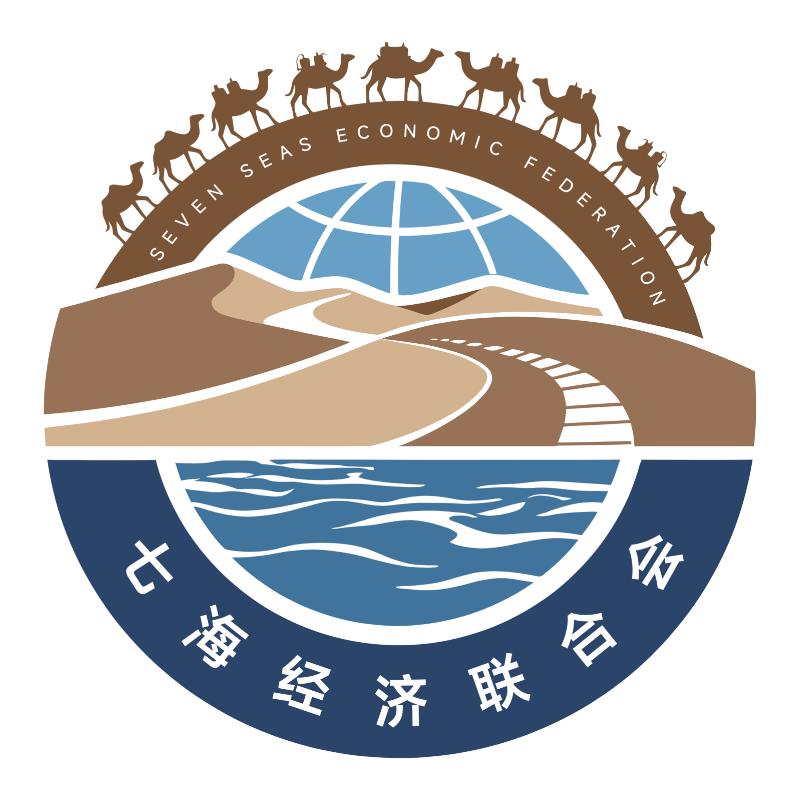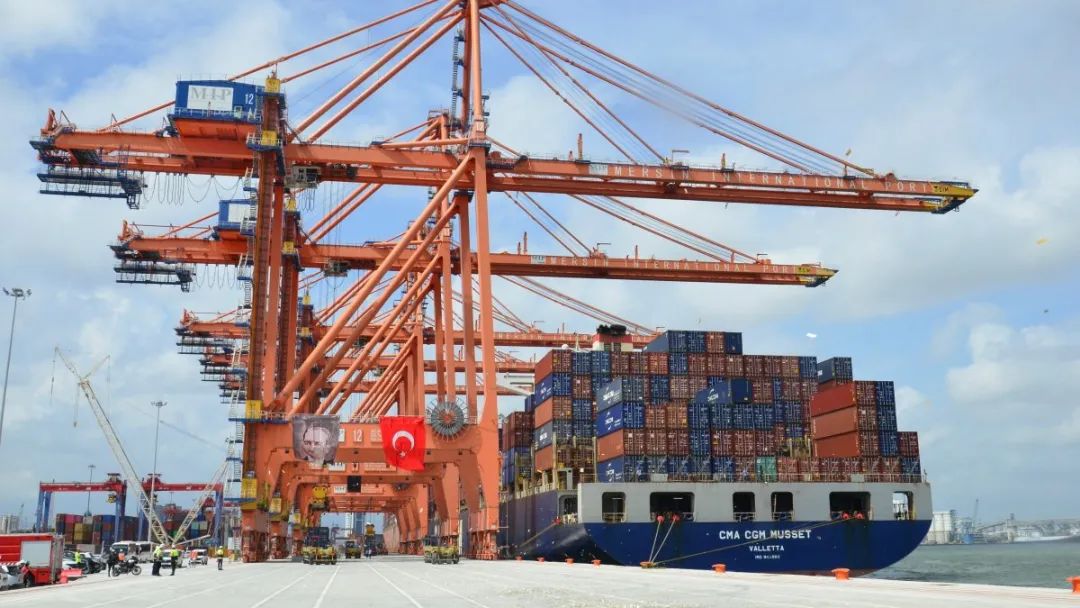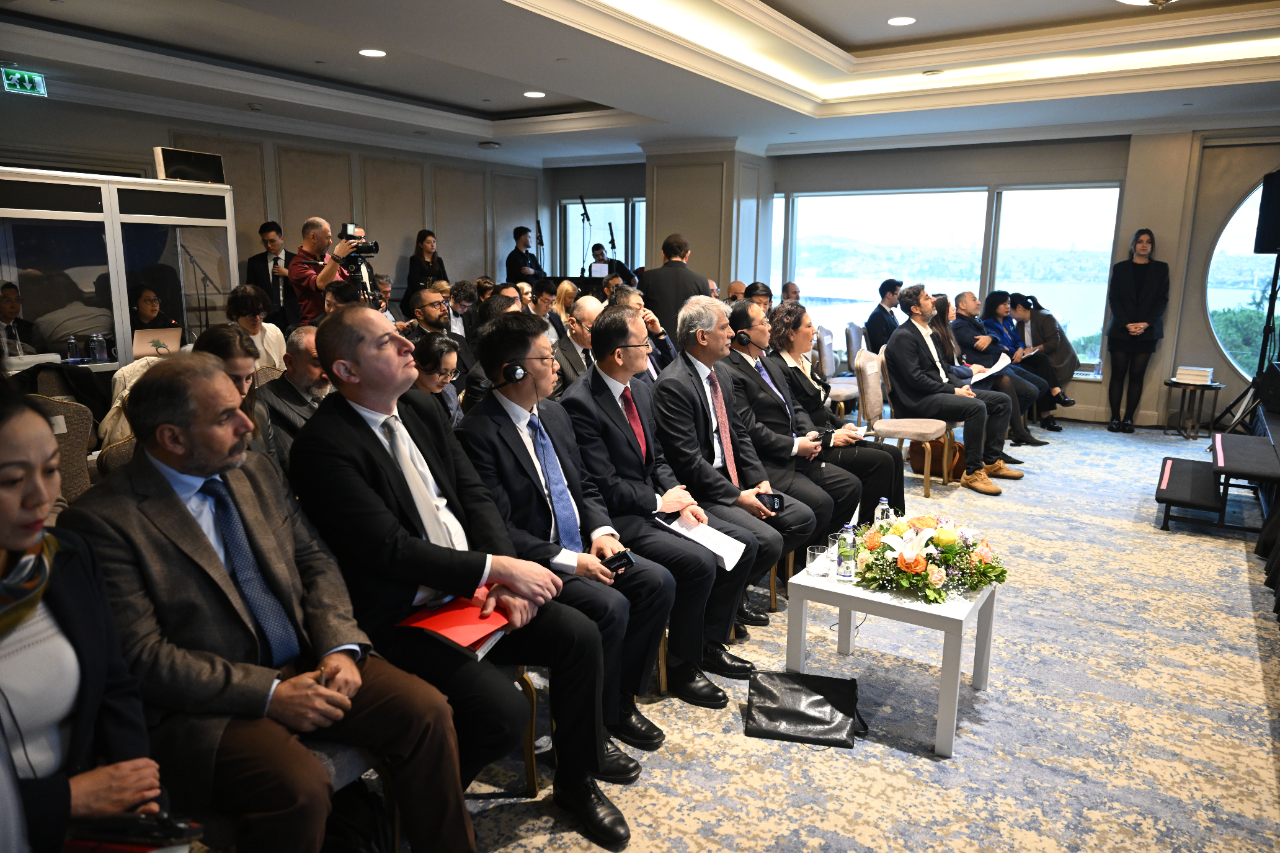Domestic compliance
In recent years, relevant departments of the Chinese government have streamlined administration and delegated power, promoted the facilitation of overseas investment, and also strengthened compliance management of enterprises' overseas investment, guiding enterprises to carry out overseas investment activities in a reasonable and orderly manner, and preventing and responding to various risks. Foreign investment enterprises should closely monitor relevant domestic policies and regulations, accurately grasp policy guidance, and follow the domestic application procedures for overseas investment in accordance with laws and regulations to avoid the risk of investment failure due to domestic compliance issues after completing overseas work.

1. Relevant policies and regulations
The relevant domestic policies and regulations that enterprises need to comply with for overseas investment mainly include those formulated by the National Development and Reform Commission, the Ministry of Commerce, the State owned Assets Supervision and Administration Commission, the State Administration of Foreign Exchange, and other departments.
2. Approval or filing of overseas investment
Before conducting overseas investment, enterprises should actively apply for approval or filing with the overseas investment supervisory department in accordance with relevant regulations. National Development and Reform Commission. According to the "Measures for the Administration of Overseas Investment of Enterprises" (National Development and Reform Commission Order No. 11 of 2017) issued by the National Development and Reform Commission, approval management is implemented for sensitive projects, and filing management is implemented for non sensitive projects. Sensitive projects include projects involving sensitive countries and regions, as well as projects involving sensitive industries.
Sensitive countries and regions
Countries and regions that have not established diplomatic relations with our country; Countries and regions experiencing wars or internal conflicts; According to the international treaties, agreements, etc. that China has concluded or participated in, it is necessary to restrict enterprises from investing in the countries and regions where they are located; Other sensitive countries and regions.
Sensitive industries
Refer to the "Catalogue of Sensitive Industries for Overseas Investment (2018)" released by the National Development and Reform Commission in January 2018, which includes the research and development, production and maintenance of weapons and equipment, cross-border water resource development and utilization, news media, as well as industries restricted from overseas investment by enterprises in the "Notice on Further Guiding and Regulating the Direction of Overseas Investment", such as real estate, hotels, cinemas, entertainment industry, sports clubs, and equity investment funds or investment platforms without specific industrial projects established overseas.
ministry of commerce
According to the "Measures for the Administration of Overseas Investment" issued by the Ministry of Commerce (Order No. 3 of 2014 of the Ministry of Commerce), if an enterprise's overseas investment involves sensitive countries, regions, or industries, it shall be subject to approval management; Overseas investments of enterprises in other situations shall be subject to filing management. The countries that implement approval management are mainly those that have not established diplomatic relations with China and those that have been sanctioned by the United Nations. When necessary, the Ministry of Commerce may separately publish a list of other countries and regions that implement approval management. The industries subject to approval management mainly involve industries that export products and technologies restricted by China, and industries that affect the interests of more than one country (region).

In January 2018, the Ministry of Commerce and other relevant departments jointly issued the "Interim Measures for the Filing (Approval) Report of Foreign Investment" (Shang He Fa [2018] No. 24), strengthening the unified collection of foreign investment information and in-process and post event supervision. In May 2019, the Ministry of Commerce formulated the "Implementation Regulations for the Filing (Approval) Report of Foreign Investment", which clarified the relevant work rules and required investment entities to fulfill their reporting obligations for foreign investment in accordance with the principle of "reporting is required for all filing (approval)", including regularly reporting on compliance construction, basic operating conditions, investment obstacles, and other situations of overseas enterprises.
3. Foreign exchange management for overseas direct investment
According to the relevant regulations of the State Administration of Foreign Exchange, after obtaining approval or filing from the overseas investment supervisory department for a company's overseas direct investment, the bank shall directly review and handle the foreign exchange registration in accordance with the "Operational Guidelines for Foreign Exchange Business of Direct Investment". The State Administration of Foreign Exchange and its branches shall indirectly supervise the foreign exchange registration through banks. In January 2017, the State Administration of Foreign Exchange issued a notice on further promoting foreign exchange management reform and improving authenticity and compliance review (Hui Fa [2017] No. 3), requiring domestic institutions to not only submit relevant review materials to banks in accordance with regulations when handling overseas direct investment registration and fund remittance procedures, but also explain the source and purpose of investment funds (use plan), provide board resolutions (or partner resolutions), contracts or other authenticity proof materials, in order to further strengthen the review of the authenticity and compliance of overseas direct investment.





